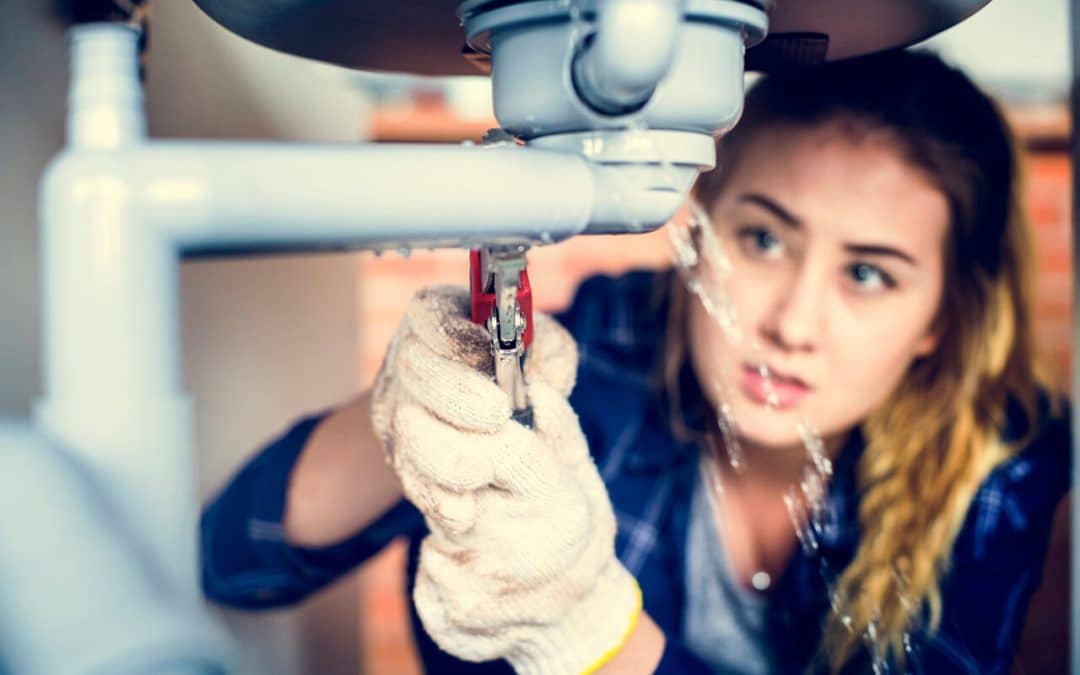Congratulations, you’ve purchased your first house! Owning a home is a great investment that comes with a lot of work. The time and effort you put into your home will make your house more comfortable and appealing. Here are a few helpful tips for first-time homeowners.
Take on One Project at a Time
When you move into your first home, you may be excited to make it your own with projects and upgrades. Take your time. Get to know the house before undertaking big renovations.
When it is time to begin work on a project, only tackle one at a time. Deciding to knock out a wall, install hardwood flooring, and repaint the kitchen will be overwhelming if you attempt to complete all the projects at once.
First-Time Homeowners Should Make a Budget
Plan for the future by budgeting your expenses. Keep track of bills you pay and set aside money for future upgrades or emergency situations. When you are financially prepared to handle problems as they arise, you’ll have more peace of mind as a homeowner.
Assemble a Homeowner’s Notebook
To keep track of receipts, paint colors, assembly instructions, product information, and appliance warranties, assemble a notebook and store it in a safe place. A simple three-ring binder filled with sheet protectors is a great way to keep household paperwork together.
Use tabbed dividers to label each section. Depending on your preferences, you might have areas for lawn and garden information, household appliances, home repairs, and audio/visual equipment.
Tips for First-Time Homeowners: Learn to DIY
You’ll save a lot of money if you learn to do-it-yourself when it comes to minor repairs. You can change your HVAC filter, fix the dripping faucet, paint a bedroom, and unclog a toilet. Find instructions online or take classes at a community college to learn basic home maintenance.
Be Prepared with a Disaster Kit
As a new homeowner, it’s important to be prepared for an emergency situation with a basic disaster kit. You never know when a storm will hit and you’ll lose power. Keep a kit assembled in an easy-to-access location.
Your kit should contain items to last at least three days, including drinking water, non-perishable foods, essential medications, pet supplies, a battery-powered radio, flashlights, a first aid kit, and a solar charger for cell phones.
Coastline Home Inspection offers inspection services to all of the Hampton Roads area. Contact us to request an appointment.

